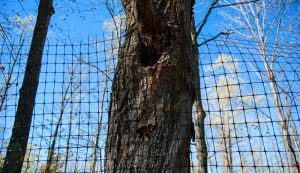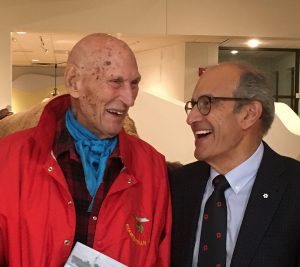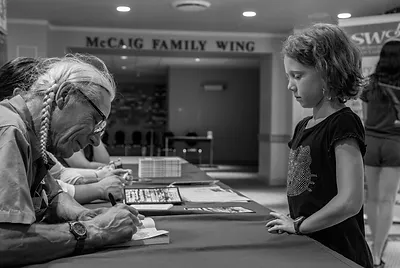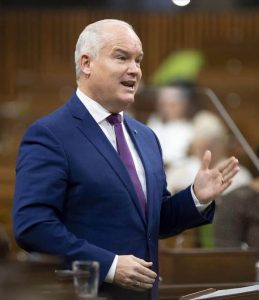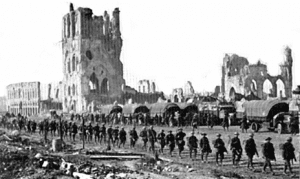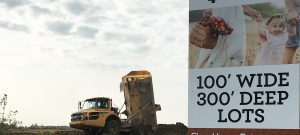
They seemed to pop up overnight. One day I was driving through Pickering up Brock Road and there was the Greenbelt land – fields, gullies and natural forest. The next day, following the same route, there were signs as big as all outdoors shouting out to all who passed:
“100-foot by 300-foot lots!” those signs proclaimed.
As I recall, it was just before the recent Greenbelt controversy erupted that I first saw the signs. (more…)
